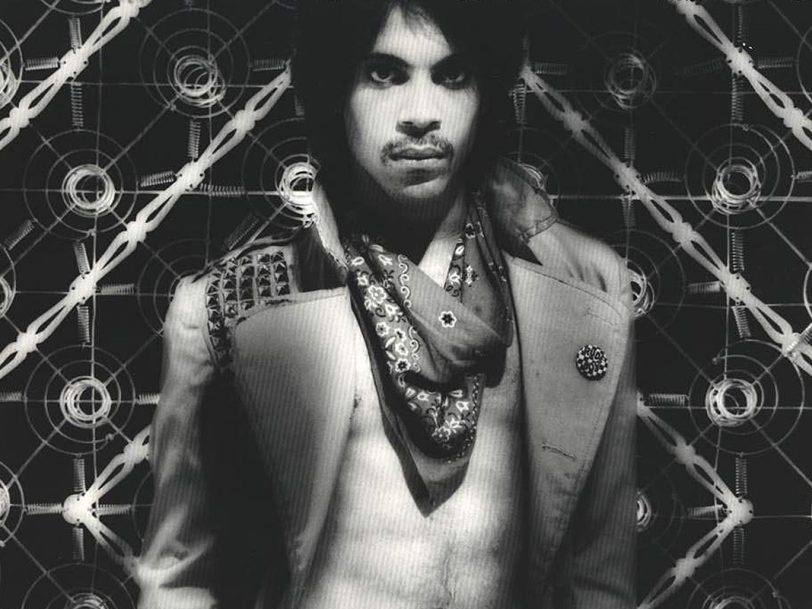Prince is best remembered for defining the 80s with a string of blockbuster albums, among them Purple Rain, Parade and Sign O’ The Times. However, his first album of the decade, 1980’s Dirty Mind, defined many of the themes he would explore not only on those records but throughout his entire career. Musically adventurous and daring in its lyrical content, the record also saw Prince position himself as a punk-funk provocateur far advanced from the soft-lit R&B pin-up he initially appeared to be.
Listen to ‘Dirty Mind’ here.
“I became totally engulfed in it”
Following a short tour in support of his self-titled second album, and an acrimonious support slot with Motown’s own self-styled bad boy, Rick James (during which Prince won over the headliner’s audience each night as if it were a sport), Prince returned to his home studio in Orono, just west of Minneapolis, and churned out a series of new songs across May and June 1980, working feverishly to capture ideas which, as he told Rolling Stone, “really felt like me for once”. Having proven he could score R&B hits with earlier singles such as I Wanna Be Your Lover, he now sought to draw upon a wider range of music, writing material that was as indebted to the choppy rhythms of the white new-wave scene as it was the slick grooves of the Black funk music which had infused his previous records. “Nobody knew what was going on, and I became totally engulfed in it,” he later recalled.
When he emerged from the studio, it was with a brave new sound and a bold new look: nothing but suspenders, women’s black bikini briefs and a studded trench coat, topped off with a bright red neckerchief and a knowingly placed “Rude Boy” badge lifted from the UK’s 2 Tone ska scene. Captured in stark black-and-white on one of the most memorable Prince album covers, as he posed before upturned bedsprings in photographer Allen Beaulieu’s studio, it was, Prince said, the look of “pure sexuality” – a description also befitting the music which made up Dirty Mind’s exhilarating 30-minute running time.




